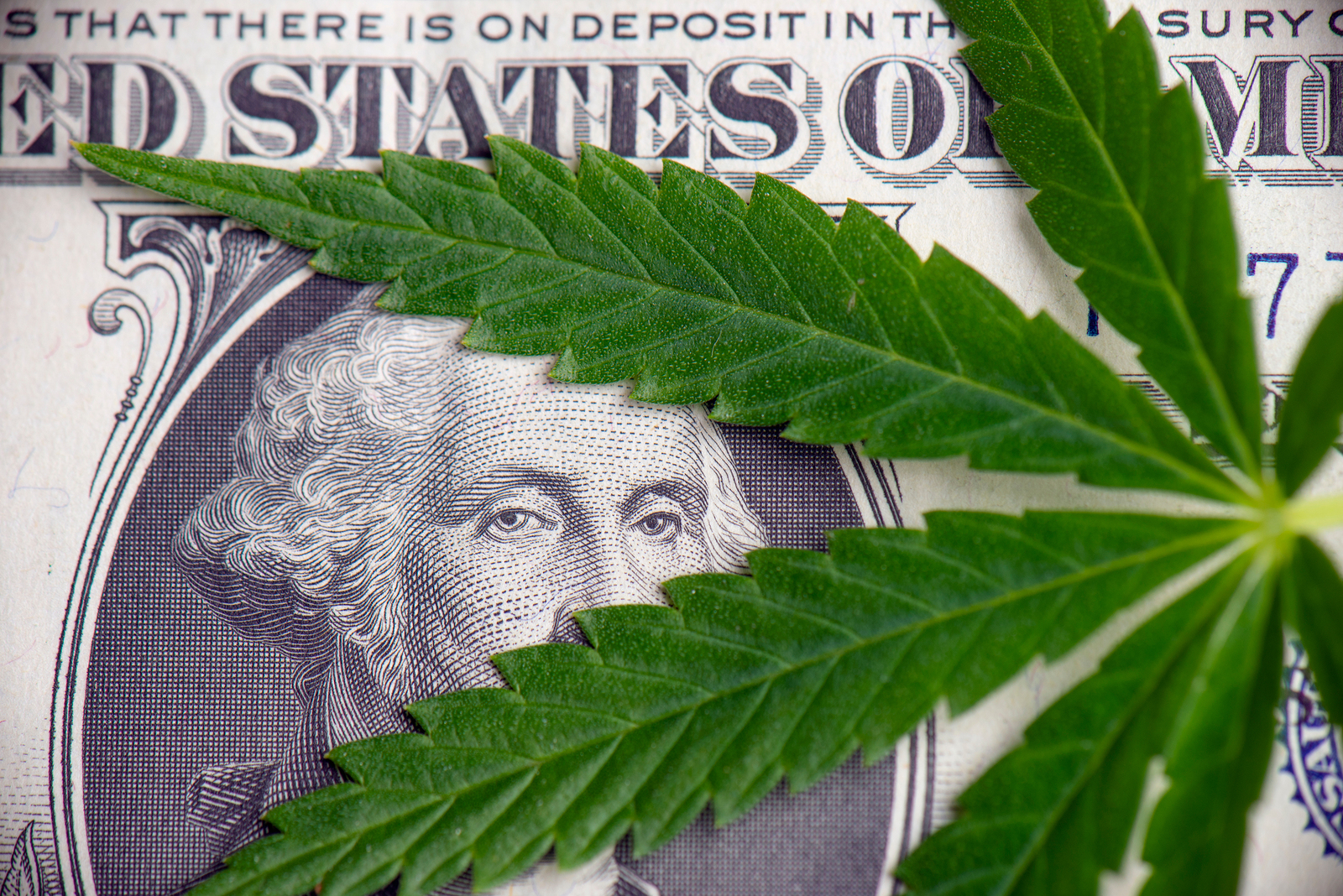Nine members of Congress recently sent a letter to President Trump urging him not to reschedule cannabis. Their stated rationale? “Health risks.”
Let’s be honest: This argument isn’t grounded in scientific evidence, public safety or any legitimate medical concern. It’s a political maneuver rooted in donor protectionism and outdated ideology.
The lawmakers — Reps. Pete Sessions (Texas), Andy Harris (Maryland), Robert Aderholt (Alabama), Chip Roy (Texas), Paul Gosar (Arizona), Blake Moore (Utah), Gary Palmer (Alabama), David Rouzer (North Carolina) and Mary Miller (Illinois), all Republicans — have taken contributions from industries that stand to lose if cannabis reform advances. This includes sizable donations from the alcohol and tobacco industries, which have clear financial incentives to stall cannabis legalization. Rouzer, for example, is a top lifetime recipient of tobacco industry money. Sessions, Harris, Aderholt and Palmer have accepted six-figure sums from alcohol interests. Roy, Moore and Gosar are close behind.
Let’s be clear, these are not industries synonymous with public health. Alcohol and tobacco are responsible for 600,000 deaths annually in the United States. Cannabis, by contrast, has never caused a fatal overdose. It is demonstrably safer and is already being used legally by millions of Americans to treat PTSD, chronic pain, insomnia and anxiety. Many of those patients are veterans.
This summer, the House and Senate passed legislation allowing veterans access to medical cannabis. It was one of the rare bipartisan acknowledgments of cannabis’ therapeutic value, supported across the aisle by those who’ve seen firsthand how it can help treat trauma and reduce opioid dependence.
Why are these nine lawmakers still clinging to obsolete narratives that equate cannabis with heroin? Because cannabis reform threatens the industries that fund their campaigns.
Alcohol consumption is on the decline, especially among younger voters. Scientific research continues to draw links between alcohol use and cancer, liver disease and early mortality. The tobacco industry, once politically untouchable, is on the same trajectory. Cannabis offers a safer, often medicinal alternative, and a growing number of Americans know it. In fact, 88 percent of voters support legalization in some form. More than 40 states have already acted, and voters, veterans, doctors and researchers are ready.
Even some conservatives, like Sen. Thom Tillis, R-N.C., have acknowledged the failure of prohibition and the need for a federal reset. President Trump has floated rescheduling cannabis as part of his policy platform. The political winds are shifting.
These nine members have chosen to stand still, defending the status quo not because it’s right but because it’s profitable. Their letter to Trump wasn’t a defense of science, it was a defense of industry interests that feel threatened by an emerging competitor. And they’re using discredited rhetoric to do it.
Meanwhile, the federal government’s refusal to reclassify cannabis as anything less than a Schedule I substance continues to block research, limit medical access, and criminalize behavior that most Americans believe should be legal. It also hurts small businesses, especially in the cannabis business, by denying them access to standard banking, tax deductions and federal loans. These constraints don’t exist for alcohol or tobacco companies.
The hypocrisy is blatant. These lawmakers are fighting to preserve a system in which dangerous, addictive substances are fully legal and subsidized, while cannabis, used daily by cancer patients and combat veterans, is criminalized. That’s not public health policy. That’s cronyism.
Rescheduling cannabis is not a radical idea. It’s a necessary correction to decades of bad policy. It would remove bureaucratic barriers to research, open the door to more equitable regulation, and align federal law with the reality of tens of millions of Americans.
This is not a partisan issue. It’s a credibility issue. If these lawmakers truly cared about public safety or conservative values like personal freedom, fiscal responsibility and support for veterans, they wouldn’t be using disproven talking points to justify inaction. They would be listening to their constituents and following the science.
The science is there. The support is there. The only thing standing in the way is the self-serving politics of the nine members. Their letter wasn’t about protecting the public. It was about protecting their donors.


